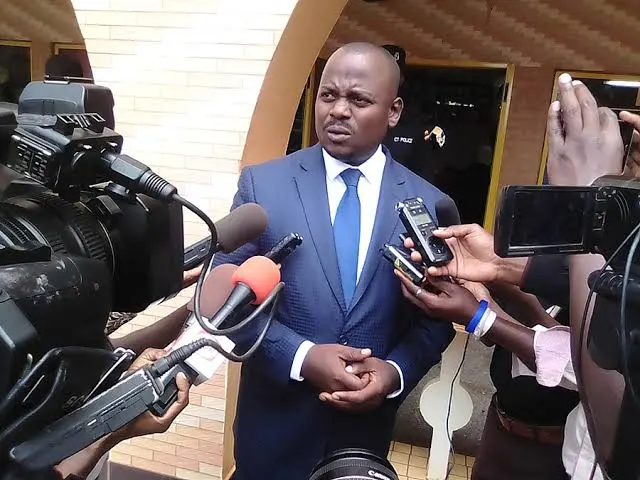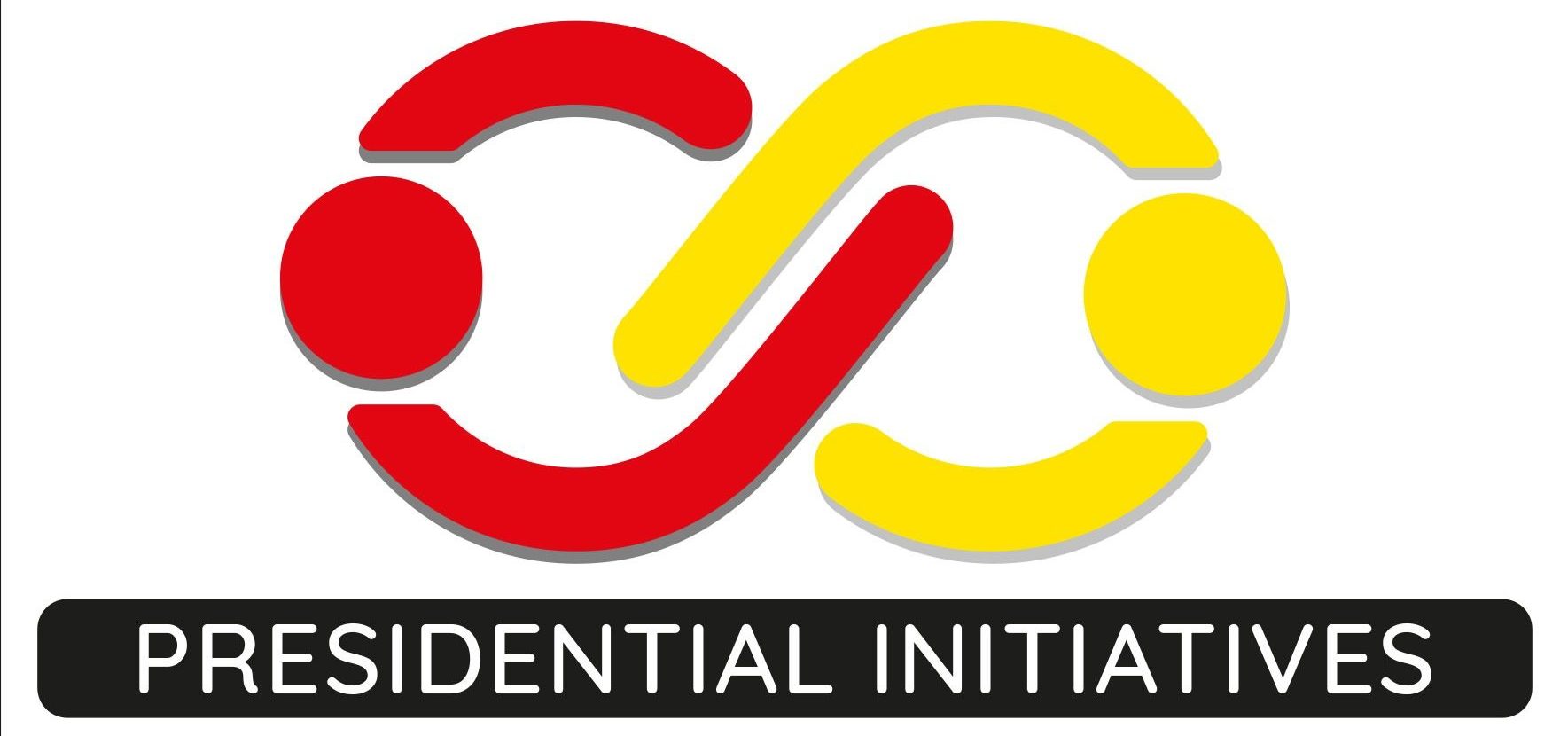
All Emyooga loan defaulters in the Teso sub-region have been given a one-month deadline by State Minister for Microfinance Haruna Kasolo Kyeyune to settle their outstanding debts. Following a thorough evaluation of the Emyooga and Parish Development Model (PDM) initiatives in the area, this announcement was made.
Minister Kasolo saw that only two districts—Ngora and Serere—had loan recovery rates above 65% during his visit to Teso. The remaining districts trailed behind with recovery rates under 50%. Under the Emyooga program, recipients have a year to invest the money before starting to repay the loans in the following year.
By the conclusion of the second year, recipients are expected to have paid back their loans in full plus an interest rate of 0.6%. Within a week, Resident District/City Commissioners have been directed by Minister Kasolo to compile a list of all Emyooga defaulters.
This action demonstrates the government’s dedication to making sure the Emyooga initiative, which seeks to increase job possibilities and wealth development at the local level, is successful.
Even though a large amount of money has been given to Teso’s Savings and Credit Cooperative Organizations (SACCOs), some of the intended audiences—namely, journalists, cab drivers, performers, and mechanics—have not benefited from the initiative. Because these groups are not represented by SACCOs, about 160 million Shillings are sitting idle in banks.
The government’s larger plan to shift 39% of households from subsistence farming to market-oriented output includes the 2019 launch of the Emyooga Initiative. Launched in 2022, the Parish Development Model (PDM) seeks to enhance communal poverty alleviation and service delivery.

